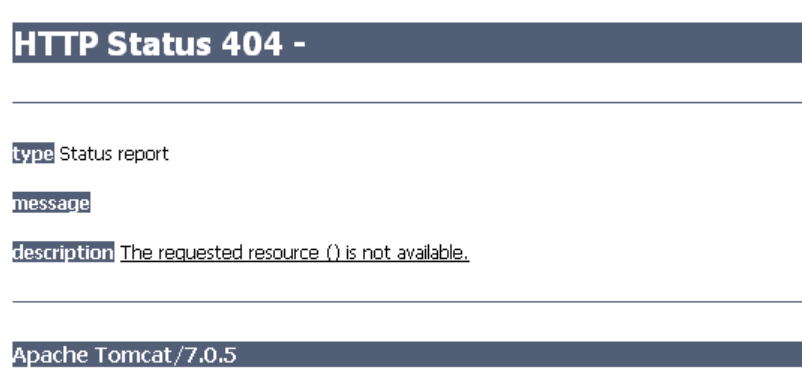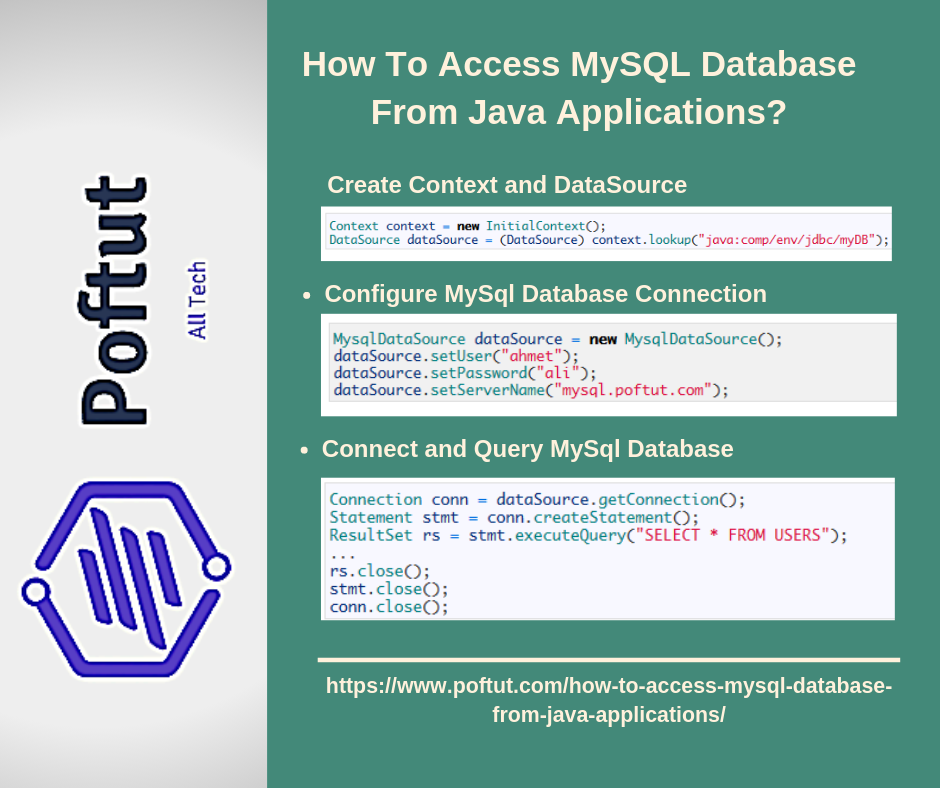以下是从满足谓词条件的列表中有效删除元素的方法:
null
p ==> Predicate, specifying the conditionl ==> List, from which element to be removed
使用迭代器
下面的程序演示了如何使用谓词从列表中删除空元素
JAVA
// Java Program to remove nulls // from a List using iterator and Predicate import java.util.function.Predicate; import java.util.*; class GFG { // Generic function to remove Null Using Iterator public static <T> List<T> removeNullUsingIterator(List<T> l, Predicate<T> p) { // Create an iterator from the l Iterator<T> itr = l.iterator(); // Find and remove all null while (itr.hasNext()) { // Fetching the next element T t = itr.next(); // Checking for Predicate condition if (!p.test(t)) { // If the condition matches, // remove that element itr.remove(); } } // Return the null return l; } public static void main(String[] args) { // Create the l with null values List<String> l = new ArrayList<>( Arrays.asList( "Geeks" , null , "forGeeks" , null , "A computer portal" )); // Print the list System.out.println( "List with null values: " + l); // Creating a Predicate condition checking for null Predicate<String> isNull = item -> Objects.nonNull(item); // Removing nulls using iterator and Predicate l = removeNullUsingIterator(l, isNull); // Print the list System.out.println( "List with null values removed: " + l); } } |
输出
List with null values: [Geeks, null, forGeeks, null, A computer portal]List with null values removed: [Geeks, forGeeks, A computer portal]
使用列表。removeAll()
在这种方法中,包含要删除的元素的集合用于从原始l中删除这些元素。它需要使用谓词条件创建包含所需元素的集合。执行此操作后,将在原始l中搜索此集合,并删除其所有实例。
JAVA
// Java Program to remove 10 // from a List using List.removeAll() and Predicate import java.util.function.Predicate; import java.util.*; class GFG { // Generic function to remove elements using Predicate public static <T> List<T> removeElements(List<T> l, Predicate<T> p) { // Create collection using Predicate Collection<T> collection = new ArrayList<>(); for (T t : l) { if (p.test(t)) { collection.add(t); } } // Print the list System.out.println( "Collection to be removed: " + collection); // Removing 10 using List.removeAll() // passing a collection l.removeAll(collection); // Return the list return l; } public static void main(String[] args) { // Create a list with null values List<String> l = new ArrayList<>( Arrays.asList( "1" , "10" , "15" , "10" , "12" , "5" , "10" , "20" )); // Print the list System.out.println( "Original List: " + l); // Creating a Predicate condition checking for 10 Predicate<String> is10 = i -> (i == "10" ); // Removing using Predicate l = removeElements(l, is10); // Print the list System.out.println( "Updated List: " + l); } } |
输出
Original List: [1, 10, 15, 10, 12, 5, 10, 20]Collection to be removed: [10, 10, 10]Updated List: [1, 15, 12, 5, 20]
使用Lambdas(Java8)
流动在Java 8中可以使用filter()方法,该方法返回由元素组成的流 匹配给定谓词条件的。
JAVA
// Java Program to remove nulls // from a List using Java 8 import java.util.function.Predicate; import java.util.stream.Collectors; import java.util.*; class GFG { // Generic function to remove elements using Predicate public static <T> List<T> removeElements(List<T> l, Predicate<T> p) { // Removing nulls using Java Stream // using Predicate condition in lambda expression l = l.stream() .filter(p) .collect(Collectors.toList()); // Return the list return l; } public static void main(String[] args) { // Create a list with null values List<String> l = new ArrayList<>( Arrays.asList( "Geeks" , null , "forGeeks" , null , "A computer portal" )); // Print the list System.out.println( "List with null values: " + l); // Creating a Predicate condition checking for null Predicate<String> isNull = i -> (i != null ); // Removing using Predicate l = removeElements(l, isNull); // Print the list System.out.println( "List with null values removed: " + l); } } |
输出
List with null values: [Geeks, null, forGeeks, null, A computer portal]List with null values removed: [Geeks, forGeeks, A computer portal]
使用removeIf()
顾名思义,它是删除所有满足给定谓词的元素的直接方法。
JAVA
// Java Program to remove nulls // from a List using Java 8 import java.util.function.Predicate; import java.util.*; class GFG { // Generic function to remove elements using Predicate public static <T> List<T> removeElements(List<T> l, Predicate<T> p) { // Removing nulls using Java Stream // using Predicate condition in removeIf() l.removeIf(x -> p.test(x)); // Return the list return l; } public static void main(String[] args) { // Create a list with null values List<String> l = new ArrayList<>( Arrays.asList( "Geeks" , null , "forGeeks" , null , "A computer portal" )); // Print the list System.out.println( "List with null values: " + l); // Creating a Predicate condition checking for null Predicate<String> isNull = i -> (i == null ); // Removing using Predicate l = removeElements(l, isNull); // Print the list System.out.println( "List with null values removed: " + l); } } |
输出
List with null values: [Geeks, null, forGeeks, null, A computer portal]List with null values removed: [Geeks, forGeeks, A computer portal]
© 版权声明
文章版权归作者所有,未经允许请勿转载。
THE END


![关于”PostgreSQL错误:关系[表]不存在“问题的原因和解决方案-yiteyi-C++库](https://www.yiteyi.com/wp-content/themes/zibll/img/thumbnail.svg)






